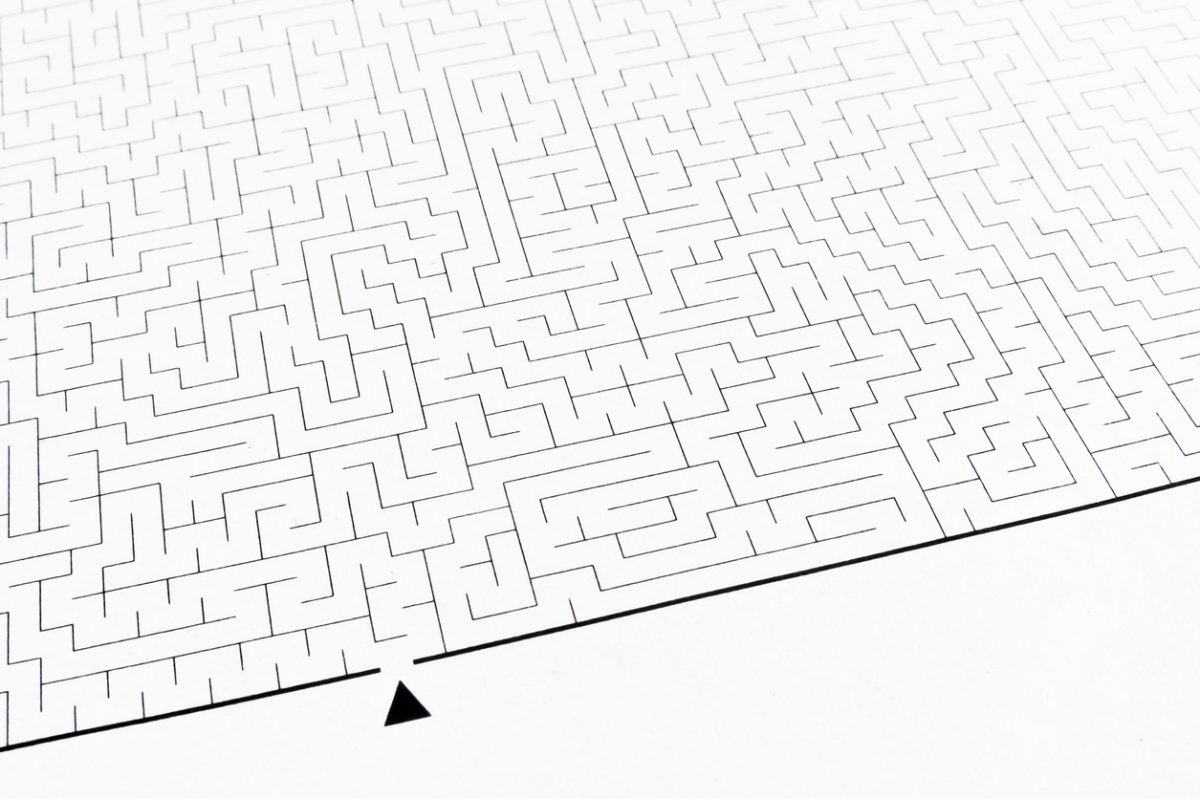
Recovery isn’t a very linear process. Like life itself, there are going to be several ups and downs, times when you feel better and when you feel worse. There’s a saying that there are days like rocks and days like diamonds. And no matter what you do, the nature of addiction is that often enough we’re either left with emotional burdens that plague us for months and years after the fact, or they were with us all along, masked by the artificial highs.
On our best of days, we don’t even think about the times when feeling better meant clinging to a form of addiction. Perhaps it’s because of a good day at work, or time spent with family, or a new personal goal. But on the worst of days, fear is the best descriptor for what is dominating your brain. The fear of relapse. The fear that you’re not strong enough to withstand the temptation. The fear that you can’t handle life without the courage that your former addiction gives you. Fear that you’re inadequate, that you’re not deserving of all the good you’ve been getting, that you’re damned to some karmic fate of negativity and that you’re going to pay horribly for every ounce of enjoyment and positivity since rehab.
A big part of overcoming the need to go back to drugs isn’t just fighting the changes addiction perpetrates in the brain, but tackling the fact that for many addiction is a way to escape emotional pain and self-judgment. Yet addiction provably furthers a person’s emotional issues. It’s a short-term solution – like shooting yourself in the foot to overcome the pain of a headache. With time, you’ll have a brand new and bigger issue to worry about.
The fear of relapse is ultimately rooted in the fact that you feel there is still a need for drugs in your life. Beyond the grasp that addiction has on you physically – a grasp that is largely addressed by detoxification and post-detox rehabilitation – it’s the emotional and psychological with which so many struggle. To improve your chances of avoiding relapse, you’ll have to rob your addiction of its ability to help you in any way. Here’s where the fight against fear becomes real.
Address Your Emotional Needs Immediately
Rehabilitation will typically help you struggle through the first immediate hurdle in addressing addiction – the physical and emotional pain of withdrawal and detoxification. After that, rehab centers often work to provide you with the tools needed to continue your recovery far past your rehab experience. But many struggle to do so.
After rehab, everything will be different. If you had severe drug problems, then you’ll find yourself struggling with work, with maintaining a clean home, with finding new friends, with dealing with everyday tasks all while having to deal with the fact that every instance of emotional pain or discomfort reminds you of how much easier everything would be and how much better you’d feel if you decided to break sobriety. Just once more, for old times’ sake.
It’s a difficult learning curve, and the initial growing pains of getting out of the sheltered and healing environment of rehab and being thrust back into the real world with total sobriety can be, well. A massive challenge. Therefore, your priority needs to be to learn to deal with your feelings without invoking your addiction. Some people succeed best at this by learning with others, in a sober living environment, group therapy program, or within a community of recovering individuals. Others need a powerful motivator that forces them to reject any form of non-sobriety, and learn the hard way. It’s not on anybody to tell you how to best deal with this – but tools like meditation, exercise, comedy and creative expression are all provably helpful.
Learning How to Manage Your Fear
Stress management is a huge part of overcoming addiction, and mental illness as well. And because issues like anxiety and depression so often tie into examples of addiction, stress management and the therapeutic tools used by both patients and professionals can be a huge boon to struggling addicts looking to improve their chances at long-term recovery.
Fear is a form of anxiety. Many fear-based mental illnesses are on the spectrum of anxiety disorders. Now, that doesn’t mean fear is unnatural – it’s integral, even. Fear is a motivator. But the point of fear is also to eliminate the need for it. The longer you disprove your fear, the more it realizes it doesn’t have to exist, because the danger isn’t there. In other words, the best way to fight your fear of relapse is to spend your time eliminating the chances of relapse.
The Fight Goes On
They say that addiction is a long-term battle – but it would be more accurate to describe recovery as a long-term goal. You won’t ever just completely get rid of your chance to relapse. For some, struggling with addiction may be easier than for others. Now and again, there are success stories about people getting their life back in shape with few hurdles along the way, and then there are stories about people struggling with addiction for the rest of their lives. Whether you need group therapy, medication, meditation or half a dozen other treatment options is entirely individual, and some work better for you than they might for others.
But a universal part for all recovering addicts is that sobriety is something you must work to maintain. There simply is not a point in life where you become immune to addiction – rather, you can work towards increasingly improving your ability to process emotions, temper your feelings, and react measuredly to all situations. Some might say it is our obligation as people to continuously improve deep into our twilight years. We only have so much time, why not make the best of it?
